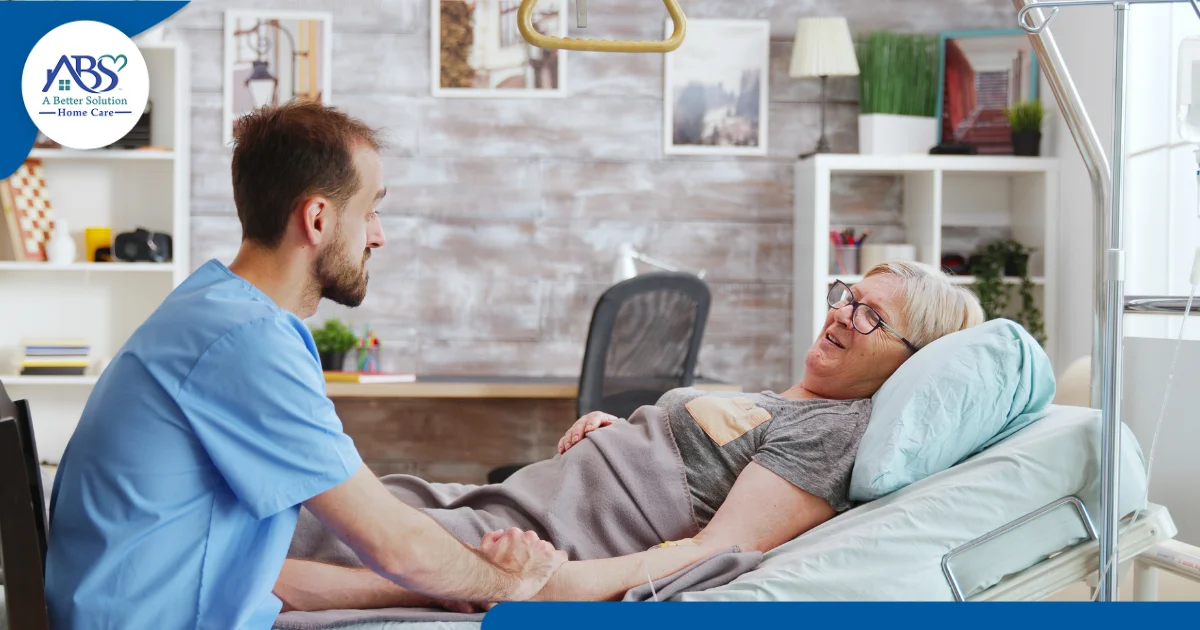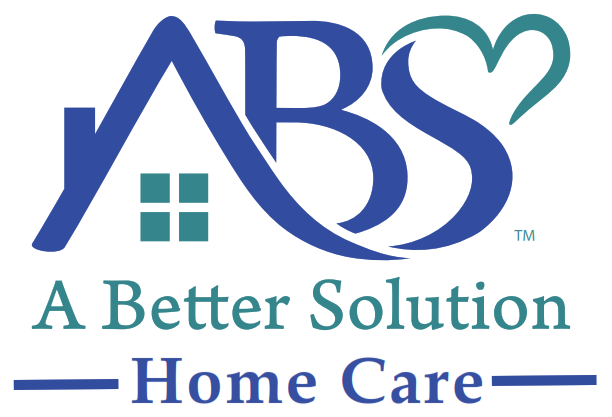
How Professional Caregivers Make Hospital-to-Home Transitions Effortless
05-16-2025
When a patient is discharged from the hospital, the recovery journey is far from over. While leaving a clinical environment may seem like progress, many people find themselves overwhelmed once they return home. Medications, physical limitations, emotional strain, and the lack of medical supervision can complicate what should be a hopeful time. That’s why hospital to home care plays a vital role in ensuring patients don’t just survive, but truly recover.
Understanding the Challenges of Hospital-to-Home Transitions
The transition from hospital to home is often more complex than it appears. While patients and families may feel relief at discharge, the reality is that recovery at home brings its own set of challenges. Without proper home based care, even small oversights can lead to setbacks, stress, or rehospitalization. Understanding these challenges is the first step toward creating a safe and successful recovery plan.
Lack of Coordinated Follow-Up
Once a patient is discharged, follow-up care often falls through the cracks. Missed appointments, poor communication between providers, and unclear recovery plans can jeopardize outcomes. This is especially risky during the transition of care from hospital to home, where professional oversight is often missing.
Confusion Around Medications
New prescriptions and dosage changes can be overwhelming. Without guidance, patients might miss doses or combine the wrong medications. This confusion is one of the most common complications after a discharge from hospital to care home or private residence. Home based care services help organize and manage these routines with accuracy.
Limited Mobility and Physical Weakness
After a hospital stay, even simple movements can feel exhausting or unsafe. Tasks like walking, bathing, or getting dressed can pose fall risks. Hospital at home services provide essential mobility support and environmental safety adaptations to reduce accidents.
Caregiver Overload and Burnout
Family caregivers are often unprepared for the physical and emotional demands of recovery care. Balancing medical routines with daily responsibilities can lead to stress and exhaustion. Turning to professional homecare homebase solutions offers consistent support and helps families avoid burnout.
Emotional and Cognitive Strain
Patients recovering at home may experience anxiety, disorientation, or cognitive challenges, especially older adults. These symptoms can stall recovery. The comfort and familiarity of healing at home offer emotional stability that supports both mental health and physical healing.
How Professional Caregivers Make Recovery Easier
Recovering at home after a hospital stay requires more than just rest. It calls for expert guidance, hands-on help, and a supportive environment. This is where professional caregivers step in. With the right hospital to home care, patients receive structured support that promotes faster healing, reduces the risk of complications, and brings peace of mind to families. From personal care to coordinating medical needs, home based care services help patients regain independence while safely healing at home.
Personalized Recovery Planning
Every patient’s journey from hospital to home is different. Professional caregivers develop customized care plans that match the individual’s diagnosis, mobility level, and recovery goals. This structured approach ensures that home based care addresses specific needs, from medication schedules to nutrition and rest, all aligned with medical instructions for faster healing at home.
Seamless Coordination with Healthcare Providers
Caregivers often act as a bridge between the patient and their doctors, therapists, or discharge coordinators. They relay updates, monitor for warning signs, and make sure care plans are followed properly. In a hospital at home setting, this connection helps reduce confusion and ensures smoother, safer outcomes during recovery.
Hands-On Support for Everyday Activities
Getting dressed, bathing, preparing meals, or simply moving around the house can be exhausting after hospitalization. Caregivers provide respectful assistance with these activities, ensuring patients regain strength without overexertion. With the right home based care services, patients are empowered to recover in comfort while maintaining dignity.
Monitoring and Preventing Setbacks
After a hospital to home care transition, patients may experience complications like infection, dizziness, or medication reactions. Caregivers are trained to observe changes in condition and act quickly, helping avoid rehospitalization. This level of attentiveness is a cornerstone of effective home based care.
Creating a Safer Home Environment
Professional caregivers know how to reduce hazards in the home, rearranging furniture for easier movement, identifying fall risks, or helping with adaptive equipment. These adjustments make a critical difference for those with mobility issues, making the transition of care from hospital to home far less risky and more manageable.
Promoting Emotional Stability and Confidence
Recovery isn't just physical, it’s emotional. Patients healing at home may feel vulnerable, anxious, or discouraged. Caregivers offer encouragement, companionship, and calm support during everyday interactions. This emotional grounding is what makes healing at home not only possible, but meaningful.
Relieving Pressure on Family Caregivers
Professional caregiving allows families to focus on emotional connection rather than logistics. When loved ones can trust that their family member is cared for by skilled professionals, the result is reduced stress and more quality time. Access to dependable homecare homebase services gives everyone peace of mind during this critical period.
When to Consider Professional Care After Hospital Discharge
The Patient Has Multiple Health Conditions
For individuals managing chronic illnesses like diabetes, COPD, or heart disease, the transition of care from hospital to home can be risky without the right support. These patients often need close monitoring and customized home based care services to prevent setbacks.
Family Isn’t Available 24/7
Not every family can provide full-time care after a loved one’s discharge from hospital to care home or private residence. That’s where professional hospital to home care makes a difference, ensuring patients are never left without help when they need it most.
Recovery Requires Specialized Skills
Post-surgical recovery, wound care, or managing medical equipment often requires skilled assistance. Hospital at home caregivers are trained to manage these complex tasks, making it safer and easier for patients to recover without returning to the hospital.
Mobility or Cognitive Decline is Present
When patients have limited mobility or cognitive conditions like dementia, even basic routines can become risky. Homecare homebase support ensures the environment is safe, the patient is supervised, and risks like falls or medication errors are minimized.
Feeling Overwhelmed by the Responsibility
Caring for a loved one after a hospital to home transition can be emotionally draining. Bringing in experienced home based care professionals gives families peace of mind, and ensures the patient receives consistent, high-quality attention every day.
Recovery Begins with the Right Support
The journey from hospital to home is more than just a physical move. It’s a shift in how care is delivered, how healing happens, and how families adapt. With the help of professional caregivers, this transition becomes less stressful and far more effective. Whether it's navigating medications, rebuilding strength, or simply offering peace of mind, home based care services ensure that patients recover in a safe, familiar space with dignity and confidence.
As more families seek alternatives to institutional recovery, the value of healing at home becomes clear: better outcomes, lower stress, and a deeper sense of comfort. With the right support, the home becomes not just a place to live, but a place to heal.
Let A Better Solution Home Care be your trusted partner during this important time.
Call today to learn how our expert caregivers can make your hospital-to-home transition safe, seamless, and stress-free.
